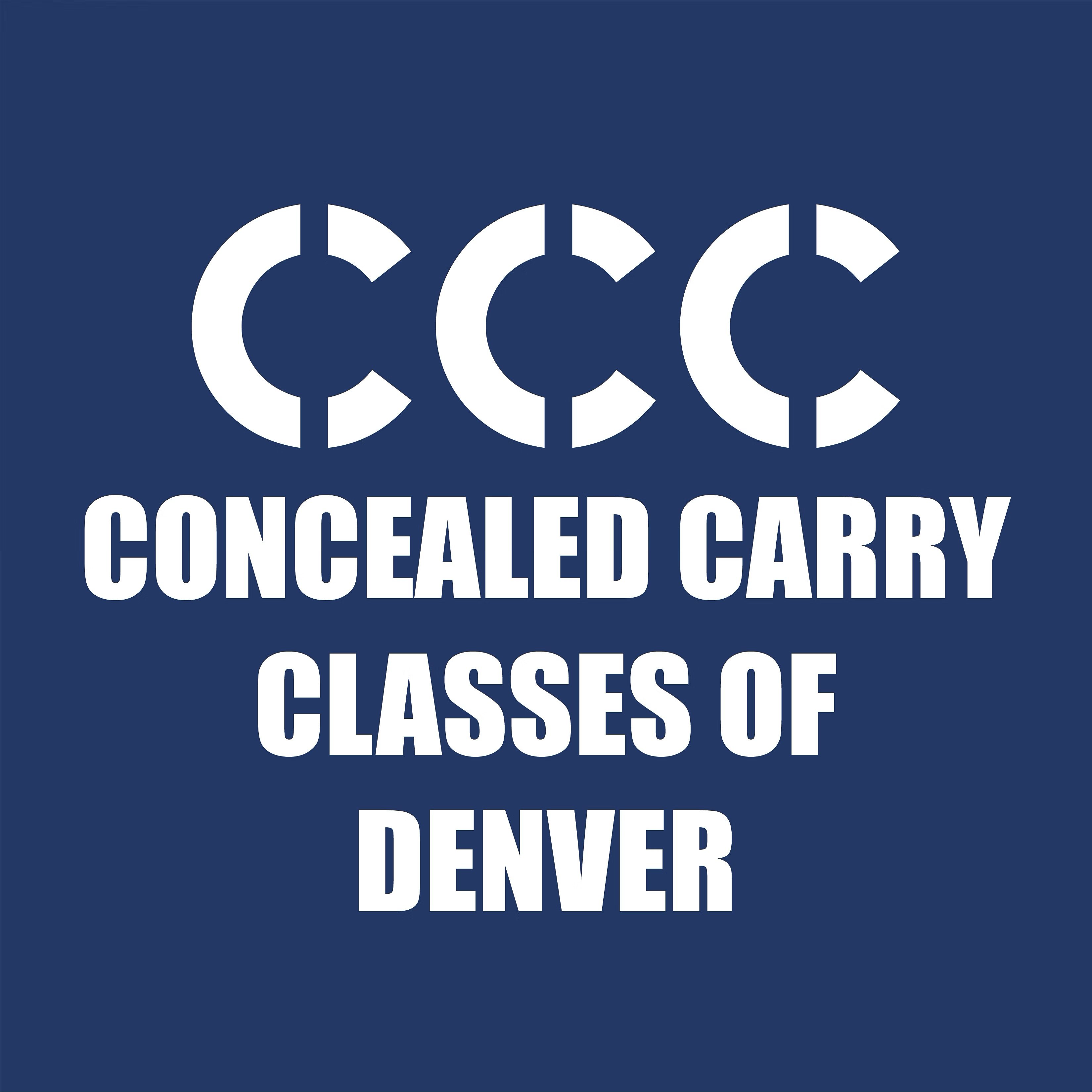“Navigating the Legal Landscape of Firearm Use in Defense and Property Protection”
In Colorado, the rights and responsibilities of gun owners, especially those holding a Concealed Handgun Permit (CHP), are governed by specific statutes that delineate the circumstances under which a firearm may be used in self-defense. Understanding these laws is crucial for responsible gun ownership and can mean the difference between justified self-defense and facing serious legal consequences. This article will delve into the concept of reasonableness in the context of self-defense for gun owners and CHP holders in Colorado, focusing on statutes 18-1-704, 18-1-704.5, 18-1-705, and 18-1-706, and provide three hypothetical examples to illustrate these principles.
Understanding Reasonableness in Self-Defense
The principle of reasonableness is central to Colorado’s self-defense laws. It requires that the force used in self-defense must be necessary and proportional to the threat faced. The law differentiates between defending oneself in public (under statute 18-1-704) and in one’s own home (the “Make My Day” law under statute 18-1-704.5).
- Outside the Home (Statute 18-1-704): This statute allows individuals to use force, including deadly force, in self-defense or in defense of another person if they reasonably believe it necessary to prevent imminent serious bodily injury or death. The key here is the perceived immediacy and severity of the threat.
- Inside the Home (Statute 18-1-704.5): Known colloquially as the “Make My Day” law, this statute provides broader protections for homeowners, allowing the use of deadly force against intruders who unlawfully and forcibly enter an occupied dwelling, provided the occupant reasonably believes the intruder intends to commit a crime and use physical force, no matter how slight.
- Defending Property (Statutes 18-1-705 and 18-1-706): Colorado law generally prohibits the use of deadly force solely to protect property and premises. These statutes underscore that life is valued over property, and deadly force cannot be justified in the defense of property alone.
Hypothetical Examples
- Home Invasion: Imagine a scenario where an individual breaks into a home at night. The homeowner, a CHP holder, is asleep but awakens to the sound of the break-in. The intruder acts aggressively, advancing towards the homeowner with a weapon. Under statute 18-1-704.5, the homeowner may reasonably use deadly force, believing it necessary to prevent imminent harm or death, as the intruder has unlawfully and forcibly entered the home and poses a direct threat.
- Parking Lot Confrontation: A CHP holder is approached aggressively in a secluded parking lot by an individual wielding a knife and demanding money. The CHP holder, unable to safely retreat, draws their firearm and uses it to stop the threat. Under statute 18-1-704, this use of deadly force could be considered reasonable, as it was necessary to prevent imminent harm or death.
- Theft of Property: A person notices someone attempting to steal their car parked in the driveway. While Colorado law allows for the defense of one’s home and occupants, statute 18-1-705 clarifies that deadly force cannot be used solely to prevent the theft of property. In this case, the car owner cannot use deadly force against the thief solely to stop the theft, as no immediate threat to their life or physical safety is presented.
Conclusion
For gun owners and CHP holders in Colorado, understanding and adhering to the principles of reasonableness in self-defense situations is paramount. It’s not just about knowing when and how you can defend yourself, but also about understanding the limitations of these rights, especially concerning the protection of property. Responsible gun ownership involves recognizing the gravity of using deadly force and the legal and moral obligations that come with carrying a firearm. By understanding the laws and considering the hypothetical scenarios outlined above, gun owners can better navigate the complexities of self-defense in Colorado.
Legal Disclaimer:
This article is intended for informational purposes only and does not constitute legal advice. The scenarios presented are hypothetical and meant to illustrate the principles of Colorado’s self-defense laws as they pertain to gun owners and Concealed Handgun Permit (CHP) holders. Laws and interpretations of laws are subject to change and can vary based on specific circumstances. Readers are advised to consult with a qualified attorney for advice on specific legal issues related to self-defense and the use of deadly force in Colorado. The author and publisher of this article disclaim any liability, loss, or risk incurred as a consequence, directly or indirectly, of the use and application of any of the contents of this article.


